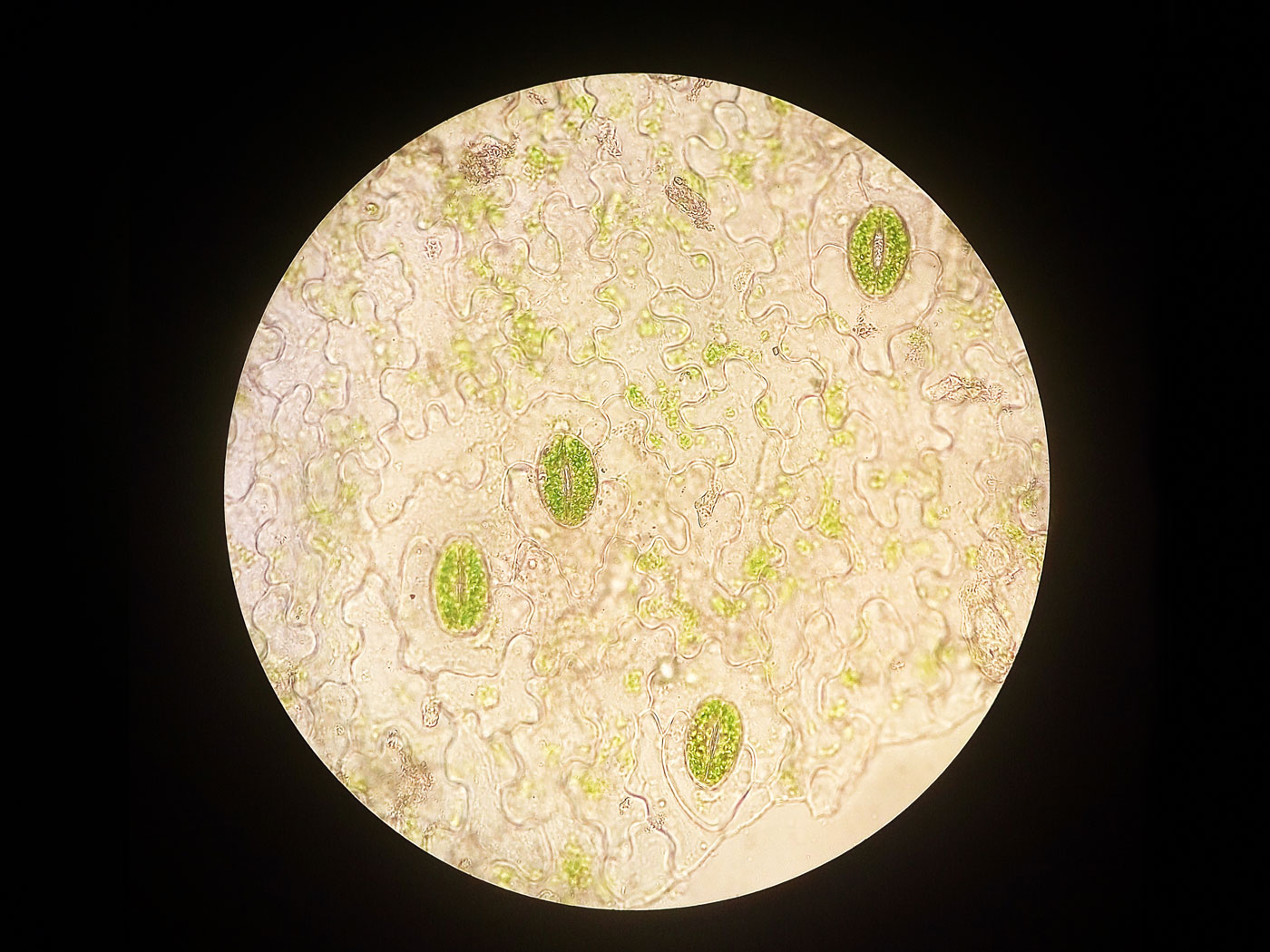In 2001, the first rough draft of the human genome was published.2,3 Then in 2004, a supposed finished sequence of the human genome was published—but it was only about 92% complete.4 The unsequenced 8% was difficult to determine because it contained many large segments of repetitive DNA elements that are difficult to sequence through. Since that time, new long-range technologies that produce much longer DNA snippets than previous chemistries finally allowed these areas to be deciphered and the chromosomal gaps closed.
This new effort involved almost 100 scientists in a global consortium that was called the Telomere-to-Telomere (T2T) project. The additional 8% that was added to the human genome includes 400 million new DNA letters—a significant amount that equals the entire length of many mammalian chromosomes. This new huge storehouse of DNA includes many important genes associated with immune responses and brain development and function.
Just last year, researchers celebrated the 20th anniversary of the human genome and published an article in the prestigious journal Nature. The article assessed much of the new data that appeared in this new report. In a subsection of the article entitled "Not Junk," the authors said, "With the HGP [human genome project] draft in hand, the discovery of non-protein-coding elements exploded. So far, that growth has outstripped the discovery of protein-coding genes by a factor of five, and shows no signs of slowing." They also said, "Thanks in large part to the HGP, it is now appreciated that the majority of functional sequences in the human genome do not encode proteins. Rather, elements such as long non-coding RNAs, promoters, enhancers and countless gene-regulatory motifs work together to bring the genome to life."
This newly reported complete version of the human genome and its anti-evolutionary and design-based results can be summarized as follows:
1) The entirety of the human genome is a spectacular and diverse storehouse of life-critical information. This fact alone refutes the concept of junk DNA.
2) Protein-coding genes are essentially a basic set of instructions within a complex and vast repertoire of regulatory DNA sequences.
3) Many more RNA coding genes exist (compared to protein coding genes) that produce functional RNA molecules that are not used to make proteins, but perform a wide variety of functions in the cell.
4) A vast amount of strategically placed regulatory switches and control elements exist all over the human genome that help regulate its function.
2) Protein-coding genes are essentially a basic set of instructions within a complex and vast repertoire of regulatory DNA sequences.
3) Many more RNA coding genes exist (compared to protein coding genes) that produce functional RNA molecules that are not used to make proteins, but perform a wide variety of functions in the cell.
4) A vast amount of strategically placed regulatory switches and control elements exist all over the human genome that help regulate its function.
The mind-boggling complexity and intricate design of the human genome is exactly what the Bible refers to. Psalm 139:14 tells us; “I will praise You, for I am fearfully and wonderfully made; Marvelous are Your works, and that my soul knows very well.”
References
1. Nurk, S., et al. 2022. The complete sequence of a human genome. Science. 376: 44-53
2. Venter, J. C., et al. 2001. The Sequence of the Human Genome. Science. 291 (2001): 1304-1351.
3. International Human Genome Sequencing Consortium. 2001. Initial Sequencing and Analysis of the Human Genome. Nature. 409 (2001): 860-921.
4. International Human Genome Sequencing Consortium. 2004. Finishing the euchromatic sequence of the human genome. Nature. 431 (7011): 931-945.
5. Alexander J. Gates, A.J., D.M. Gysi, M. Kellis, and A.L. Barabási. 2021. A wealth of discovery built on the Human Genome Project—by the numbers. Nature. 590: 212-215.
*Dr. Tomkins is Director of Research at the Institute for Creation Research and earned his doctorate in genetics from Clemson University.






















